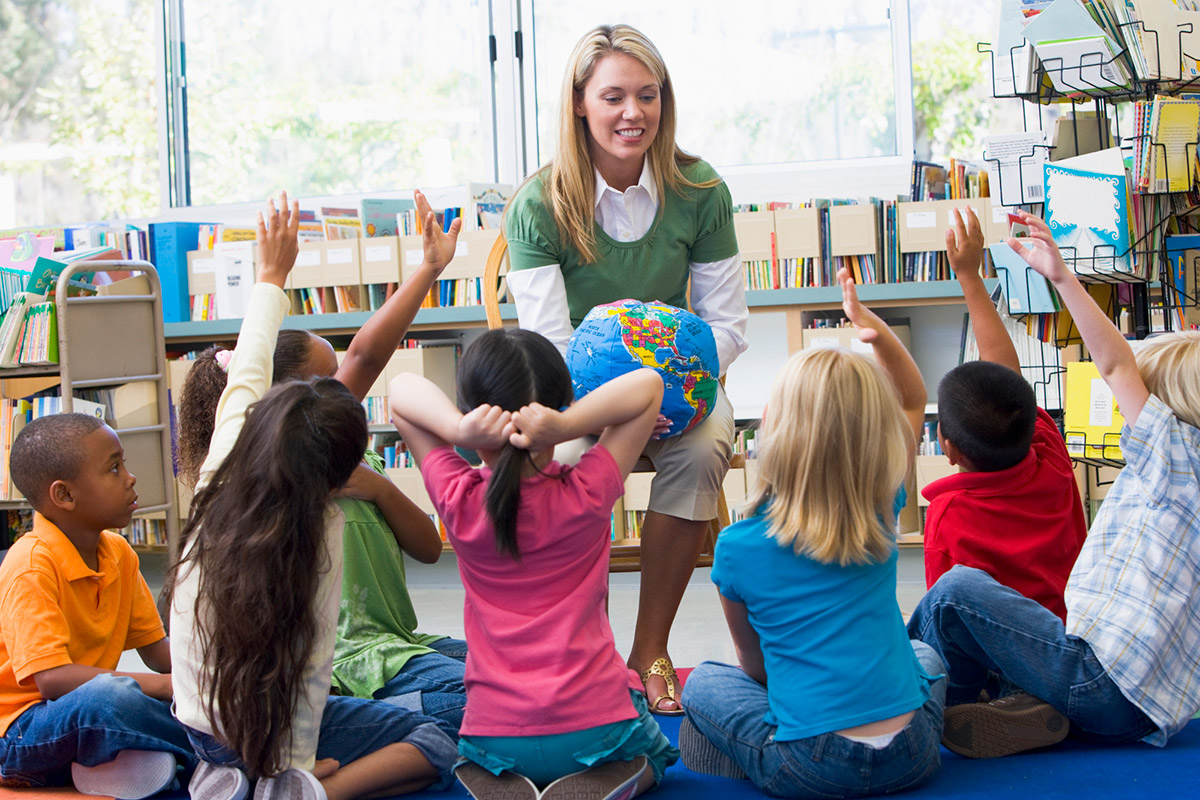Learning Outcomes: Seeing The Whole Picture
When we follow children’s journeys through the early years, we want to see the many different sides to their development and learning. The Early Years Learning Framework gives us some broad learning outcomes that we can use as a guide to help us piece together this fuller picture.
Yet, when it comes to observing and documenting, educators can sometimes find themselves naturally gravitating towards some learning outcomes and indicators more than others.
As an example of outcomes that are quick to notice, we could look at the curiosity, enthusiasm, confidence and creativity of Outcome 4, or verbal/non-verbal interactions in Outcome 5 – These often appear quite naturally in children’s play.
On the other hand, Learning Outcome 2’s respect for diversity and the environment might not be displayed so obviously or often. These call on educators to provide more specific, intentional teaching experiences.
Whether or not we’ve noticed any patterns in our outcome focus, it’s always a good idea to reflect on how we observe and document learning outcomes, to make sure we are supporting children in all areas.
Possible Perspectives
Each educator will view and interpret a learning experience a little differently. We essentially put on our own special lens when we observe children. Through this lens, we are then making decisions about which learning outcomes we include, or which we filter out of our documentation – which are most relevant or important.
Imagine this scenario:
Two educators are watching a child, Johnny, building a Lego boat alongside some other children. The educators know that the Lego will be a great fine motor and problem-solving challenge for Johnny. The first educator sees just that – Johnny manipulating the small pieces and trying to design a strong structure. The other educator sees beyond these aspects. She also notices that Johnny is collaborating with a child that he normally doesn’t play with. He is trying to recreate an amazing construction that he saw on his new favourite TV show, Lego Masters – making connections between contexts!
Two different takes on a child’s play experience. Of course, no learning outcome is more important than another. So if we can look beyond what we expect to see or what immediately jumps out at us – widen our lens – we can really get a holistic picture of the child’s learning.

Pause & Reflect
You might like to ask yourself some of these questions when observing/documenting:
- What do I expect to see? What outcomes were targeted for this experience?
- What do I see first? What are the initial areas of learning that jump out?
- What else do I see? Is there more to the picture here? Learning that I didn’t expect?
Track Your Outcomes
It’s also helpful to keep a record of the learning outcomes we are documenting over time. Many educators use a tracking system to organise their documentation, and an ‘Outcomes’ column can be added to jot down the indicators in each observation. This could be an interesting investigation that reveals any patterns of ‘favourite’ outcomes or gaps you might need to target.
When using Kindyhub you have the ability to link and track not only learning outcomes such as EYLF or NQS, but your own centre philosophies. Kindyhub has the ability to add your own philosophies and learning outcomes to your centre account so you can link these back into daily journals, observations and even when uploading captures. To test drive Kindyhub, request a FREE 4 Week Trial or book an Online Demonstration
Free Trial
Test Drive Kindyhub with a free 4 Week Free Trial
Book a Demo
Let us show you exactly how Kindyhub can help you
Telephone
Please feel free to contact us on 02 8916 7422
You can email support on at support @ kindyhub.com.au
